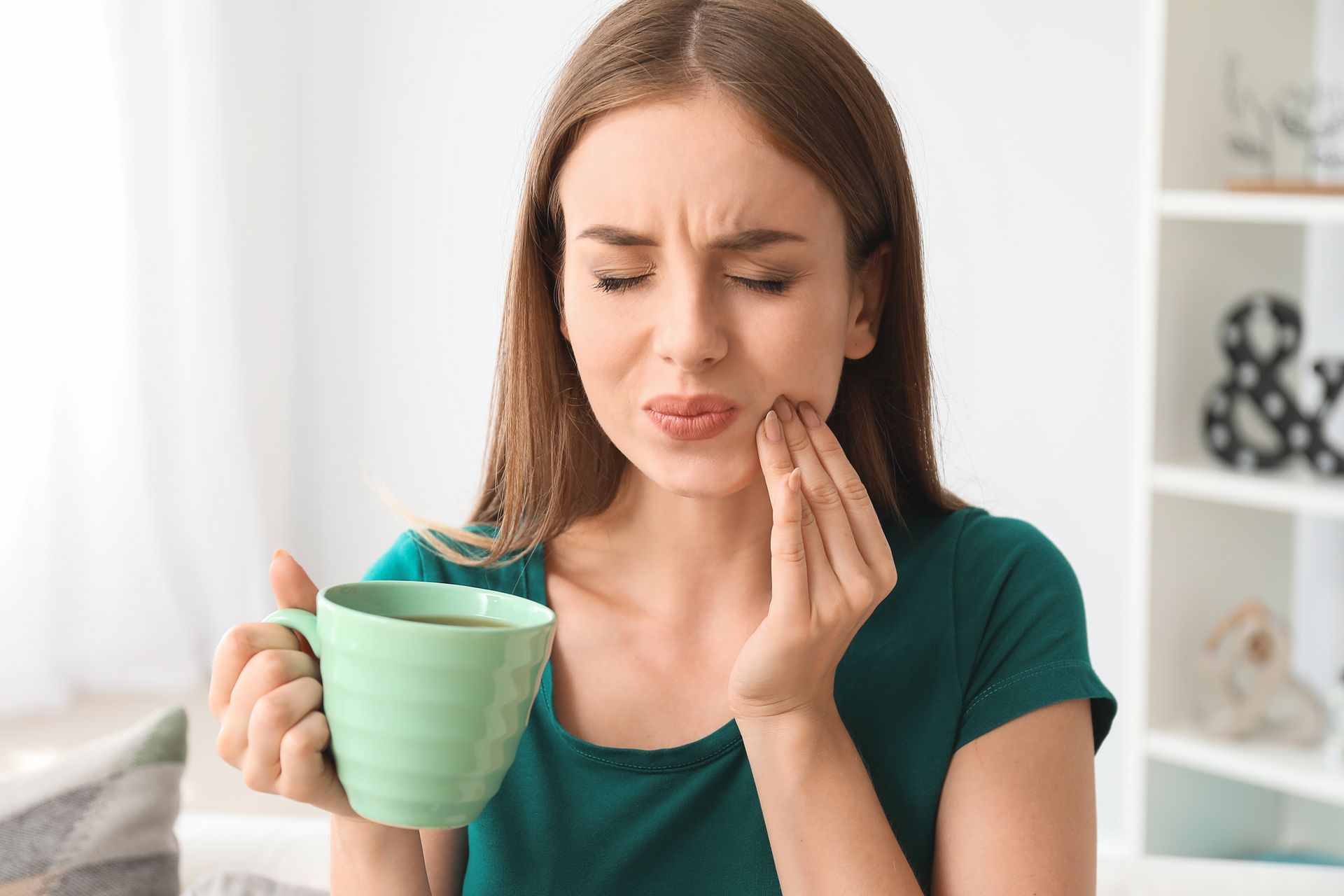Best Practices for Oral Hygiene at Every Age in Annapolis
From the moment the first tooth erupts in a toddler to the care required in senior years, maintaining oral health is a lifelong journey. Starting oral hygiene practices early in life not only sets the foundation for a healthy smile but also instills good dental habits that last a lifetime.
For young children and toddlers, learning the right way to brush and the importance of flossing from a young age is crucial. As children grow into teenagers, they face new challenges, such as dealing with braces and the temptations of sugary snacks, both of which can significantly impact dental health if not managed properly.
Moving into adulthood and later years, the focus shifts towards preventing common dental issues like gum disease and maintaining the health of natural teeth as long as possible. For senior patients in Annapolis, we adjust dental care techniques to accommodate for sensitivity and other common issues associated with aging.
Regular checkups and professional cleanings have become even more important in preserving dental health and functionality. Through each stage of life, our team at Aria Dental of Annapolis is here to ensure that every member of your family receives the care needed to enjoy a healthy, beautiful smile.
Oral Hygiene Basics for Children and Toddlers
At Aria Dental of Annapolis, we emphasize the importance of initiating oral hygiene habits from an early age. Introducing children to daily dental care routines can tremendously impact their lifelong oral health. For toddlers, this involves learning the right way to brush to avoid cavities and gum diseases, even before all their teeth have appeared. Parents should start cleaning a baby’s mouth with a soft, damp cloth and transition to a small, soft toothbrush as teeth emerge. Here are simple steps to ensure your child's oral hygiene is on the right track:
1. Use a pea-sized amount of fluoride toothpaste for toddlers aged two and above. For those younger, a rice grain-sized amount of toothpaste is sufficient.
2. Gently brush the teeth with circular, sweeping motions, making sure to cover all surfaces of the teeth and reach back to the molars.
3. Teach your child to spit out toothpaste after brushing, emphasizing not swallowing it.
Additionally, flossing should not be overlooked, even in young children. Begin flossing your child’s teeth daily once their teeth touch each other. This habit prevents the buildup of plaque between teeth and along the gum line, which brushing alone cannot remove.
Maintaining Healthy Teeth During Adolescence
Navigating oral hygiene during the teenage years can be challenging, particularly with the introduction of orthodontic treatments such as braces. For teens with braces, maintaining thorough dental hygiene is crucial because food particles and plaque can easily lodge in the brackets and wires. We advise our adolescent patients and their parents on how to effectively care for teeth with braces:
- Use specialized orthodontic toothbrushes or a regular soft-bristled brush angled to brush around the braces.
- Employ interdental brushes or floss threaders to clean between the braces where a regular toothbrush can't reach.
Teenagers also face specific oral health challenges, such as the temptation to consume sugary beverages and snacks, which can increase the risk of cavities. Providing a list of dentist-approved products can encourage better habits. These include sugar-free gum, which stimulates saliva production, helping to cleanse the mouth, and high-fluoride toothpaste for additional protection against decay.
Creating a daily routine that includes brushing at least twice a day and flogging daily is essential for maintaining healthy teeth and gums. Regular check-ups are also crucial to address any emerging dental issues early. By encouraging these practices, we help our adolescent patients at Aria Dental of Annapolis maintain a robust and healthy smile into adulthood.
Adult Oral Care: Preventing Common Dental Issues
In adult life, the connection between one’s diet, lifestyle, and oral health becomes increasingly evident. At Aria Dental of Annapolis, we stress the importance of not only adhering to routine dental care but also making wise lifestyle choices. A diet rich in vegetables, fruits, lean proteins, and dairy products supports healthy teeth and gums by providing necessary nutrients and minimizing the intake of sugars and starches that fuel harmful bacteria.
Routine dental care for adults should include brushing twice daily with a fluoride toothpaste and flossing once a day to remove plaque that forms along the gum line and between the teeth. Adults should also be vigilant for signs of gum disease and decay—such as bleeding gums, persistent bad breath, loose teeth, and sensitivity—which might indicate the need for more comprehensive dental treatment.
Senior Dental Care: Adapting Techniques as We Age
As we continue to serve the seniors of Annapolis, it becomes clear that dental care needs to evolve with age. Seniors may face specific challenges such as reduced saliva flow, which can increase the risk of decay and gum disease, or issues with dexterity that make traditional brushing and flossing difficult. To help our senior patients maintain their dental health, we recommend using electric toothbrushes, which are easier to handle and more effective at cleaning teeth.
Additionally, for those who find flossing challenging, water flossers can be a more comfortable and equally effective alternative. Regular dental checkups are crucial, as they allow us to monitor oral health closely, provide professional cleanings, and make adjustments to care as necessary. These visits are not just about checking teeth and gums but are integral in maintaining the overall health that impacts quality of life in the senior years.
Conclusion
Throughout each stage of life, from the tender gums of toddlers to the seasoned smiles of our seniors, maintaining optimal oral health is crucial for overall wellbeing. At Aria Dental of Annapolis, we are committed to guiding each patient through their unique dental journey with personalized care and advice. Our holistic approach ensures that our patients not only achieve but also maintain a healthy and vibrant smile.
If you are looking for an Annapolis dental clinic committed to providing lifelong care tailored to your individual needs, consider joining our dental family at Aria Status Dental of Annapolis. Contact us today to schedule your appointment and take the next step towards a healthier, happier smile. Here, every age smiles brighter!



Share This Post

